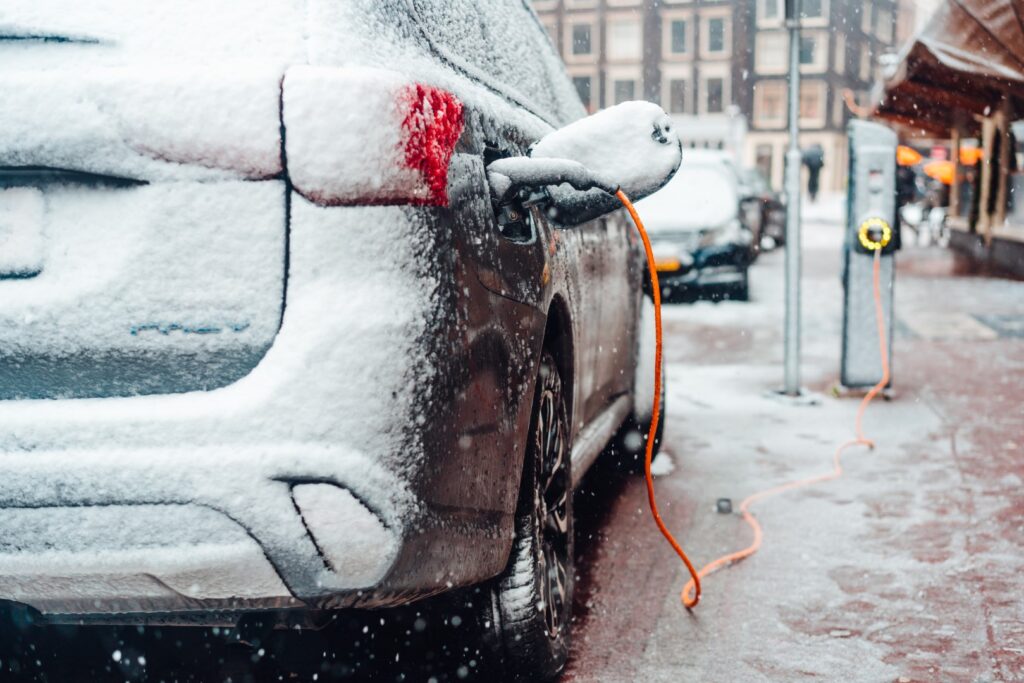Driving EV Adoption Through Design – Natural Resources Canada
Methods & Outcomes
- Primary research
- Stakeholder interviews
- Workflow mapping
- Service design
- Interactive guide development
Team
Share
How do you simplify EV procurement across an entire government?
Highlights
As part of Canada’s climate commitments, federal agencies were tasked with increasing adoption of zero-emission vehicles (ZEVs). But for fleet managers, the shift to EVs was far from simple. It often involved charging infrastructure, building retrofits, and interdepartmental coordination.
DFFRNT partnered with Natural Resources Canada’s Office of Energy Efficiency to create a clear, actionable tool that would walk fleet managers through every step of the procurement process. Starting with primary research and stakeholder interviews, the team built a user-centred workflow that evolved into an interactive, online guide.
The Client
The Office of Energy Efficiency (OEE), under Natural Resources Canada, provides policy and program leadership on sustainable energy use. Its Advanced Vehicles Program supports the government’s transition to zero-emission fleets through strategic guidance and resources.
The Challenge
The federal ZEV mandate required fleet managers to incorporate EVs into their operations. However, procurement wasn’t straightforward. Infrastructure readiness, building ownership, and charger compatibility varied across departments.
OEE needed a tool that would help public sector fleet managers assess their readiness and take the right steps, in the right order, to avoid costly missteps.

"We went from ‘How do I help fleet managers accomplish this?’ to a finished decision support tool in only a matter of months."

The Solution
DFFRNT led an agile, insight-driven service design process:
- Conducted stakeholder interviews to understand real-world barriers
- Mapped process requirements and dependencies
- Created a flexible workflow that adapted to different agency contexts
This conceptual workflow was evaluated through stakeholder feedback and iterated into a digital decision support tool, a smart checklist that guided users through key questions and next steps.
The online format allowed for real-time decision-making, accounting for factors like building ownership, electrical capacity, and procurement policies.
The Outcome
What began as a simple checklist evolved into a robust decision support system. The tool now enables fleet managers to make informed decisions with confidence, ensuring that all necessary steps and consultations are completed before procurement begins.
The outcome is a smoother, smarter path to EV adoption across Canada’s federal departments reducing risk, improving consistency, and accelerating the transition to cleaner fleets.
Key Takeaways
- EV procurement is complex, design can make it manageable
- Service design helps organizations map and simplify multifaceted processes
- Interactive tools empower users to make context-informed decisions
- Iterative validation with real stakeholders ensures usability and relevance
- Successful public sector design starts with real-world constraints

.jpg)

